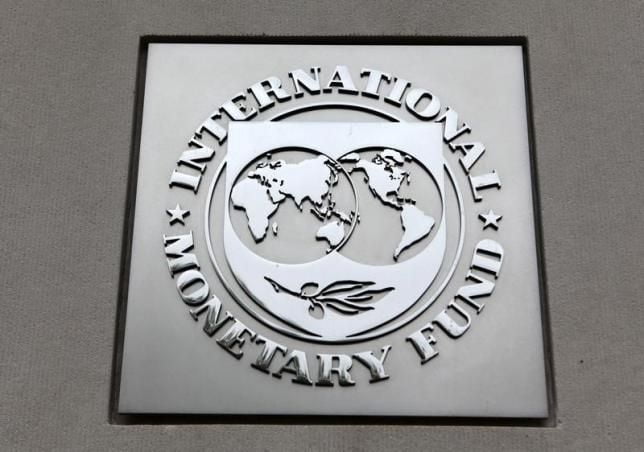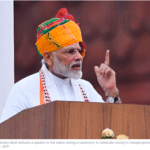In a bid to rescue Pakistan from the brink of default and reinvigorate its reform agenda, the International Monetary Fund (IMF) has approved a $3 billion bailout package. The nine-month Stand-by Arrangement (SBA) is a critical opportunity for Pakistan to demonstrate consistency in implementing much-needed reforms and honoring commitments. However, concerns have been raised regarding the country’s track record in this regard.
During the board meeting, discussions highlighted the urgency for Pakistan’s leaders to address the lack of reform consistency. Sources indicate that India abstained from voting, possibly in an attempt to disrupt the proceedings. This latest bailout marks Pakistan’s 23rd program with the IMF, with only one previous program having been successfully implemented, thanks to waivers granted for critical conditions.
The IMF has projected Pakistan’s GDP growth for the current fiscal year at 2.5%, with an annualized inflation rate of 25.9%. Unemployment rates are also expected to remain high but decrease slightly. Pakistan pursued the IMF program after failing to secure financial support packages from China, Saudi Arabia, and the United Arab Emirates, who advised the country to seek IMF assistance as a means to stay on track with necessary reforms.
However, implementing the program may prove challenging due to the involvement of three different governments throughout its duration. Pakistan has faced an array of economic hurdles, including an adverse external environment, devastating floods, and policy missteps, resulting in substantial fiscal and external deficits, rising inflation, and depleted reserve buffers.
The IMF’s approval of the first tranche of $1.2 billion will provide immediate relief, with the remaining $1.8 billion to be disbursed over the program’s duration, subject to quarterly reviews. The IMF emphasizes that steadfast policy implementation is crucial for Pakistan’s success. It calls for greater fiscal discipline, a market-determined exchange rate, progress in energy sector reforms, climate resilience, and improvements in the business climate.
Simultaneously, Pakistan has received financial support from the United Arab Emirates and Saudi Arabia, with $1 billion and $2 billion respectively, contributing to a comprehensive $6 billion financing plan. The IMF envisions the new SBA-supported program as an anchor for addressing domestic and external imbalances, fostering financial support from bilateral and multilateral partners.
The program’s core objectives include implementing the fiscal 2023-24 budget to facilitate fiscal adjustment, ensuring debt sustainability while safeguarding social spending, and establishing a market-determined exchange rate. Additionally, tight monetary policy is necessary to combat inflation and progress in structural reforms, particularly within the energy sector, state-owned enterprise governance, and climate resilience.
To qualify for the SBA, Pakistan had to introduce changes to its proposed budget, incorporating additional taxes amounting to Rs438 billion ($2.7 billion). While salaried individuals bore the brunt of these tax measures, traders were spared from additional taxation. The State Bank of Pakistan also lifted import restrictions as part of the IMF’s conditions and increased the interest rate to 22%.














